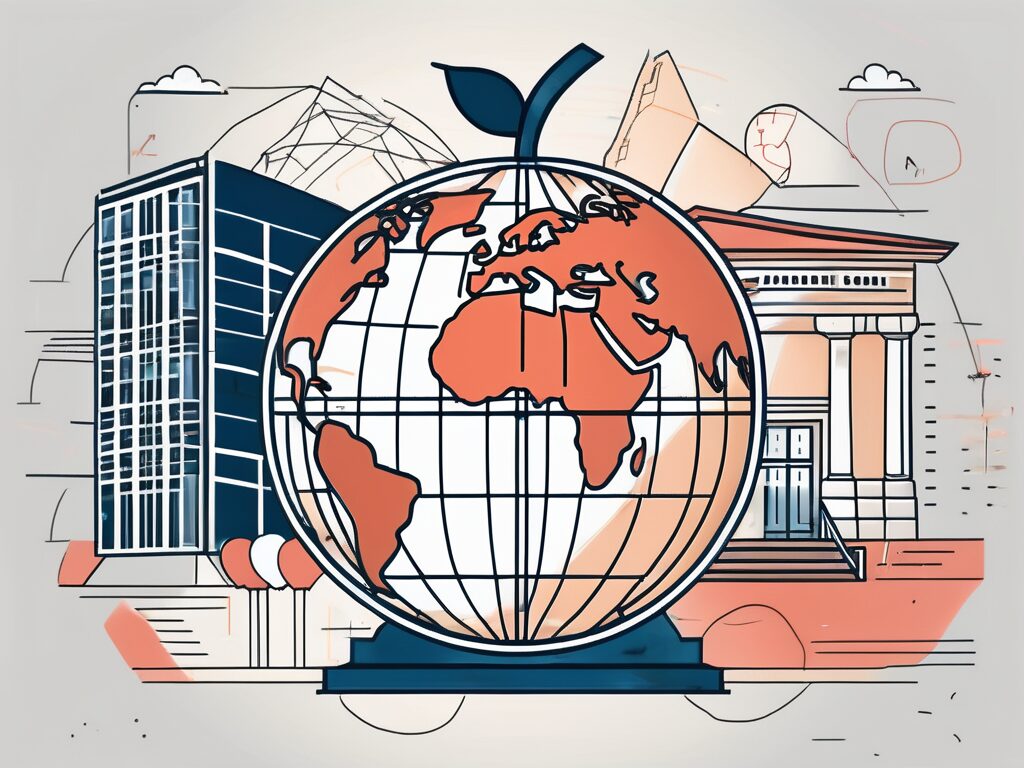html
Key Weaknesses Teachers with a Master’s in Education Face
In the ever-evolving landscape of education, teachers with a Master’s in Education (M.Ed) often find themselves at a crossroads. While advanced degrees can enhance teaching skills and open doors to leadership roles, they also come with unique challenges. This blog post delves into the key weaknesses that these educators face, providing insights and strategies to navigate their careers effectively.
1. Overqualification and Job Market Saturation
One of the most significant challenges for teachers with a Master’s in Education is the perception of overqualification. Many school districts are saturated with candidates holding advanced degrees, making it difficult for these educators to stand out. According to a report by the National Center for Education Statistics, the number of teachers with advanced degrees has increased by over 30% in the last decade.
To combat this, teachers should focus on highlighting their unique skills and experiences in their resumes and interviews. Tailoring applications to specific job descriptions can also help demonstrate how their advanced education directly benefits the school and its students.
2. High Expectations and Pressure to Perform
Teachers with a Master’s in Education often face heightened expectations from administrators, parents, and even students. This pressure can lead to burnout and job dissatisfaction. A study published in the Journal of Educational Psychology found that teachers who felt overwhelmed by expectations were more likely to experience stress and leave the profession.
To manage these expectations, educators should set realistic goals for themselves and their students. Engaging in regular self-reflection and seeking feedback from peers can also provide valuable insights into their teaching practices, helping to alleviate some of the pressure.
3. Limited Classroom Experience
While a Master’s in Education provides valuable theoretical knowledge, many teachers may lack practical classroom experience. This gap can hinder their ability to implement effective teaching strategies. According to a survey by the American Association of Colleges for Teacher Education, nearly 60% of new teachers reported feeling unprepared for classroom management.
To bridge this gap, educators should seek out mentorship opportunities and participate in professional development workshops. Collaborating with experienced teachers can provide practical insights and strategies that enhance classroom effectiveness.
4. Balancing Administrative Duties with Teaching
Teachers with advanced degrees often find themselves taking on additional administrative responsibilities, which can detract from their primary role as educators. A report from the National Education Association indicates that teachers spend an average of 20% of their time on non-teaching tasks, leading to decreased job satisfaction.
To maintain a healthy balance, teachers should prioritize their time and delegate tasks when possible. Utilizing technology for administrative tasks can also streamline processes, allowing more time for direct student engagement.
5. Navigating Educational Politics
Teachers with a Master’s in Education may find themselves navigating complex educational politics, including curriculum changes, funding issues, and policy shifts. These challenges can create a sense of instability and uncertainty in their roles. A study by the Education Week Research Center found that nearly 70% of teachers feel unprepared to deal with political issues in education.
Staying informed about educational policies and engaging in professional organizations can empower teachers to advocate for their needs and the needs of their students. Building a strong network of colleagues can also provide support and resources for navigating these challenges.
6. Financial Strain from Student Loans
Many teachers with a Master’s in Education face significant student loan debt, which can create financial strain. According to the Federal Reserve, the average student loan debt for graduate students is over $60,000. This financial burden can lead to stress and impact career choices.
To alleviate this strain, teachers should explore loan forgiveness programs and financial planning resources. Additionally, seeking out positions in high-need areas may provide opportunities for loan repayment assistance.
7. Resistance to Change
As education continues to evolve, teachers with advanced degrees may encounter resistance to new teaching methods or technologies. This resistance can stem from a lack of training or fear of the unknown. A survey by the Bill & Melinda Gates Foundation found that 60% of teachers feel unprepared to implement new technologies in the classroom.
To overcome this challenge, educators should embrace a growth mindset and seek out professional development opportunities that focus on innovative teaching practices. Collaborating with tech-savvy colleagues can also provide valuable support in integrating new tools into their teaching.
Conclusion
Teachers with a Master’s in Education face a unique set of challenges that can impact their careers and job satisfaction. By understanding these weaknesses and implementing strategies to address them, educators can navigate their professional journeys more effectively. Whether it’s managing expectations, gaining practical experience, or balancing administrative duties, proactive measures can lead to a fulfilling teaching career.
If you’re a teacher looking to enhance your skills and overcome these challenges, consider exploring our resources on professional development and classroom management strategies. Take the first step towards a more successful teaching career today!

